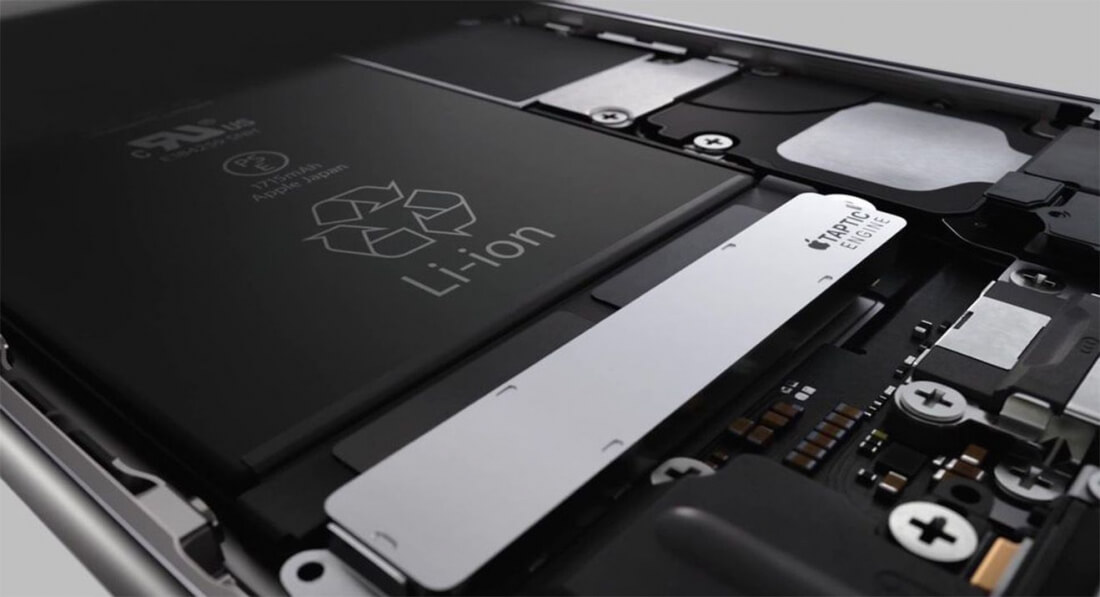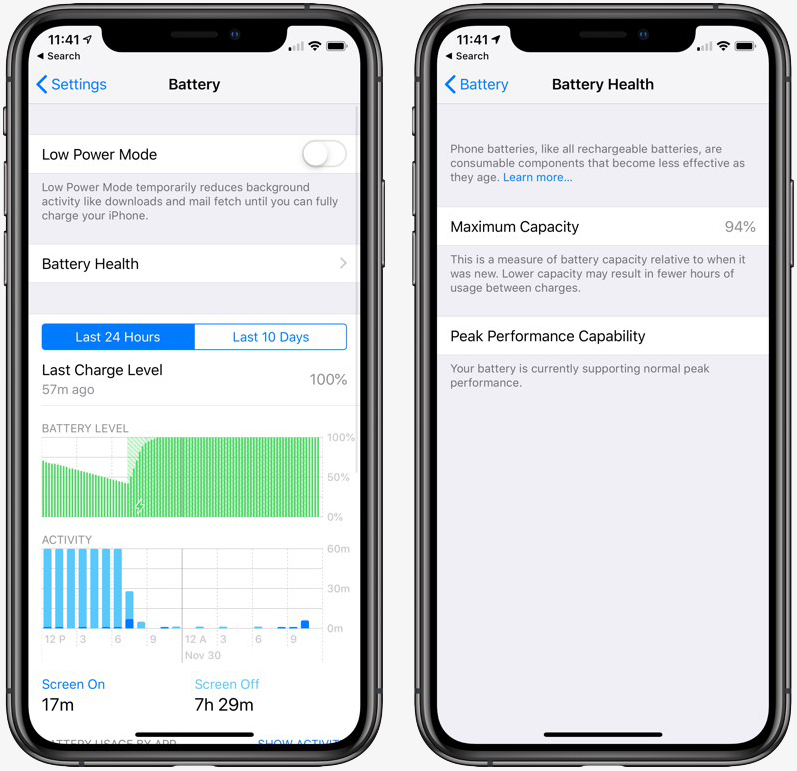Why it matters: Apple's discounted battery replacement program may have cost the Cupertino-based company billions in lost revenue from customers who would have otherwise upgraded to a new iPhone. The impact could be felt for years as users continue to keep dated handsets in commission.

Apple replaced 11 million iPhone batteries under its discounted battery replacement program according to Daring Fireball’s John Gruber.
CEO Tim Cook reportedly revealed the figure during an all-hands meeting on January 3. Normally, Apple would have replaced 1-2 million batteries during the same period.
Apple launched its $29 battery replacement program in December 2017 after it was discovered that the company was intentionally throttling older iPhones with degraded batteries to prevent unexpected shutdowns.

If accurate, the program likely had a significant impact on Apple’s revenue. If you assume that 11 million people elected to keep their old iPhone in commission for just $29 versus spending a minimum of $749 for an entry-level iPhone XR, that’s around $7.9 billion in potentially lost revenue. Even if half wrong, that’s still close to $4 billion in unearned revenue.
And that’s only assuming a buyer opts for the cheapest current-gen iPhone. The top-of-the-line iPhone XS Max starts at $1,099.
Critics at the time accused Apple of planned obsolescence, or intentionally slowing down older phones in hopes of convincing customers to purchase new iPhones. Apple has since added battery health information to iOS to help gauge the health of your phone's battery.
Apple is scheduled to report quarterly earnings on January 29 after the market closes.